Kenya’s electoral landscape has officially entered a new era after the High Court threw out a petition that sought to block President William Ruto’s recent appointments to the Independent Electoral and Boundaries Commission (IEBC).
With the legal hurdle now cleared, the newly nominated chairperson, Erastus Edung Ethekon, alongside six commissioners, is set to assume office amid heightened political pressure and deep-rooted public mistrust.
The court’s decision, delivered on Thursday, declared the petition legally unmerited, allowing the government to proceed with the gazettement and eventual swearing-in of the electoral chiefs.
The ruling marks a significant turning point, setting the stage for a complete reconstitution of a body that has remained paralyzed since the exit of former chair Wafula Chebukati and his team in 2023.

REBUILDING A BATTERED INSTITUTION.
The incoming team faces a daunting task: restoring legitimacy to an institution that has been at the epicenter of Kenya’s most contentious electoral disputes. Their appointment follows years of operational dysfunction, internal division, and public backlash over the credibility of the 2022 general election results.
Political analysts say the IEBC is now staring at a packed agenda that includes:Conducting a long-overdue boundary delimitation exercise;Cleaning up and verifying the national voter register;Rolling out electoral technology upgrades;Handling litigation from unresolved electoral petitions.
“There is no time for a honeymoon,” said constitutional lawyer Mercy Nduta. “This team walks straight into a volatile electoral climate with rising civic tension, and they must win back the public’s trust immediately.”
A COURTROOM BATTLE AND POLITICAL AFTERSHOCK.
The petition challenging the IEBC appointments had argued that the selection process was politically manipulated and lacked transparency. Petitioners also questioned the integrity and independence of some nominees. However, the High Court ruled that there was no substantive evidence of bias or illegality in the vetting and nomination process.
With the verdict delivered, President Ruto wasted no time, re-affirming the appointments and signaling readiness to retool the country’s electoral infrastructure ahead of 2027. However, opposition figures are warning against complacency, stating that judicial clearance does not equate to public confidence.
A COUNTRY WATCHING CLOSELY.
The stakes could not be higher. With less than two years to the next general election, all eyes are on the IEBC to prove its neutrality and competence. Civil society groups have urged the new commission to immediately release its operational roadmap, prioritize transparency in all future processes, and open dialogue with political actors and the public.
Kenya’s electoral system has long been marred by disputed outcomes, violent aftermaths, and accusations of partisanship. Experts argue that unless the new team adopts an open-door policy and upholds rigorous integrity standards, history could repeat itself.
LOOKING AHEAD.
In the coming days, Parliament is expected to finalize the formal approval process and oversee the official swearing-in. From that moment, the commission will have no room for missteps. Its performance over the next 24 months will shape not only the outcome of the 2027 polls but also the stability of Kenya’s fragile democracy.

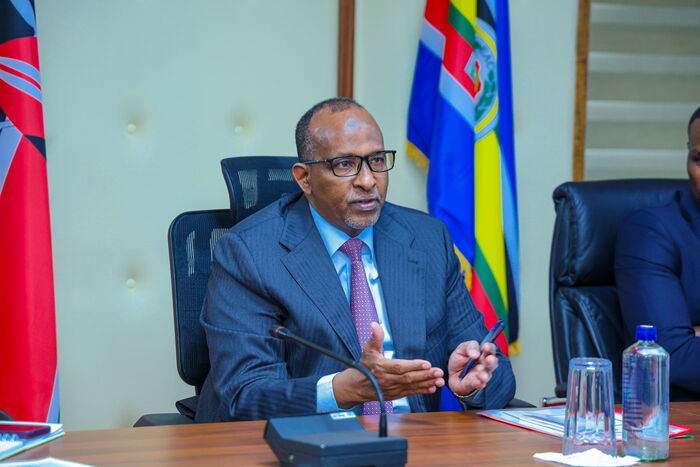

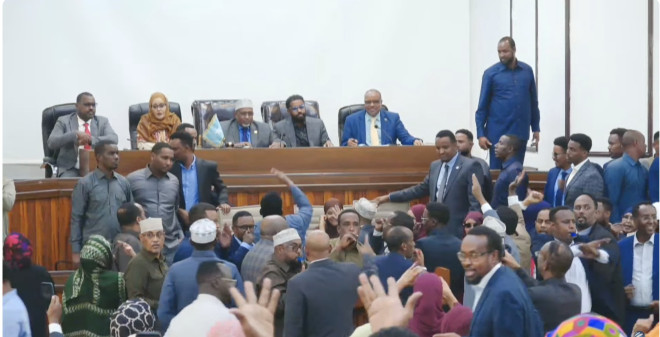
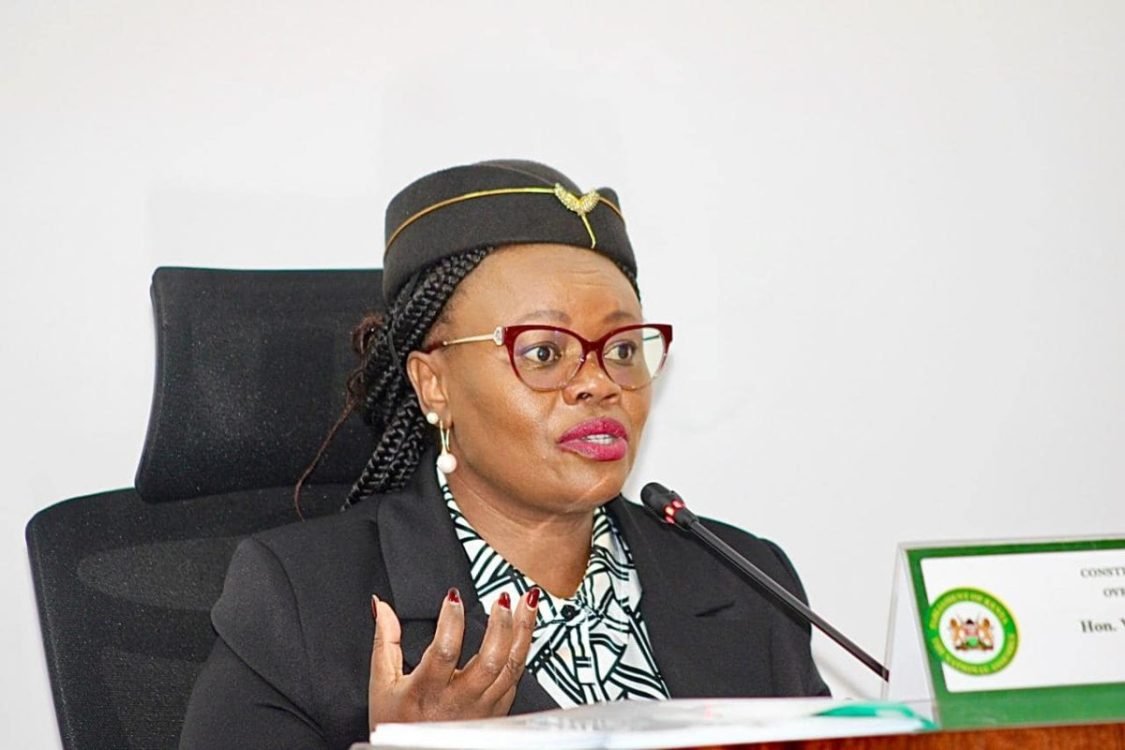
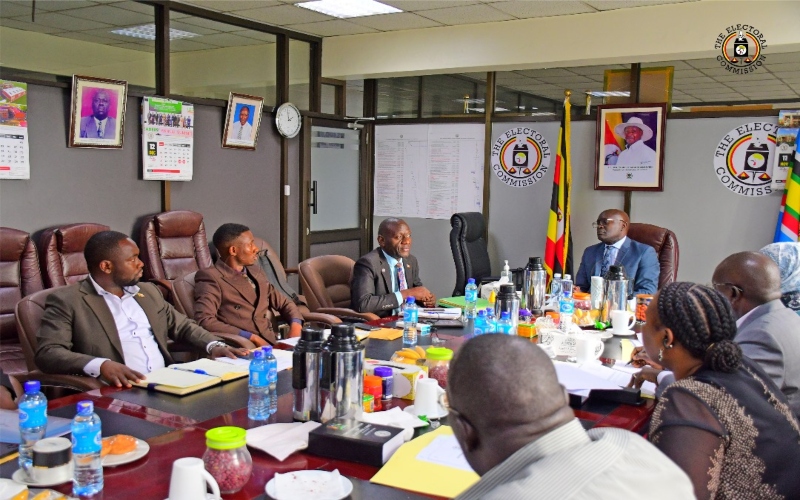

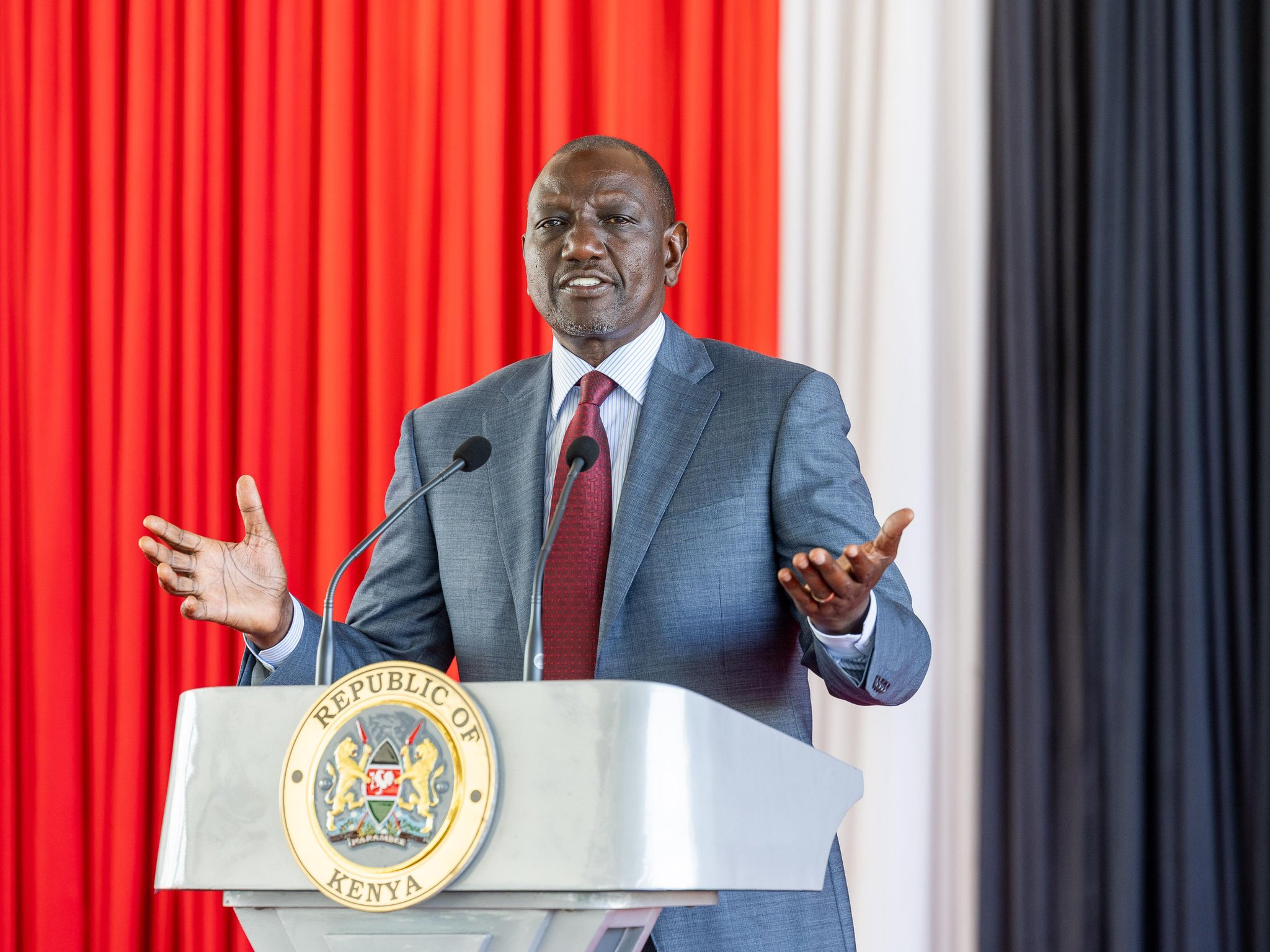

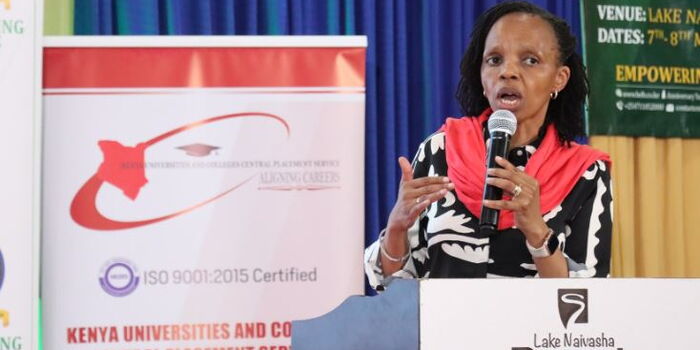
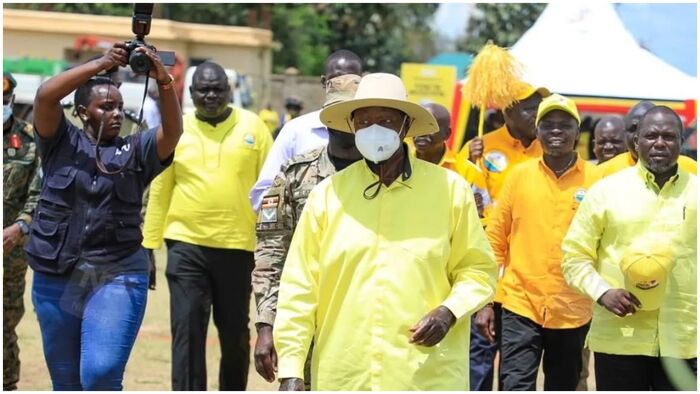
Leave a Reply